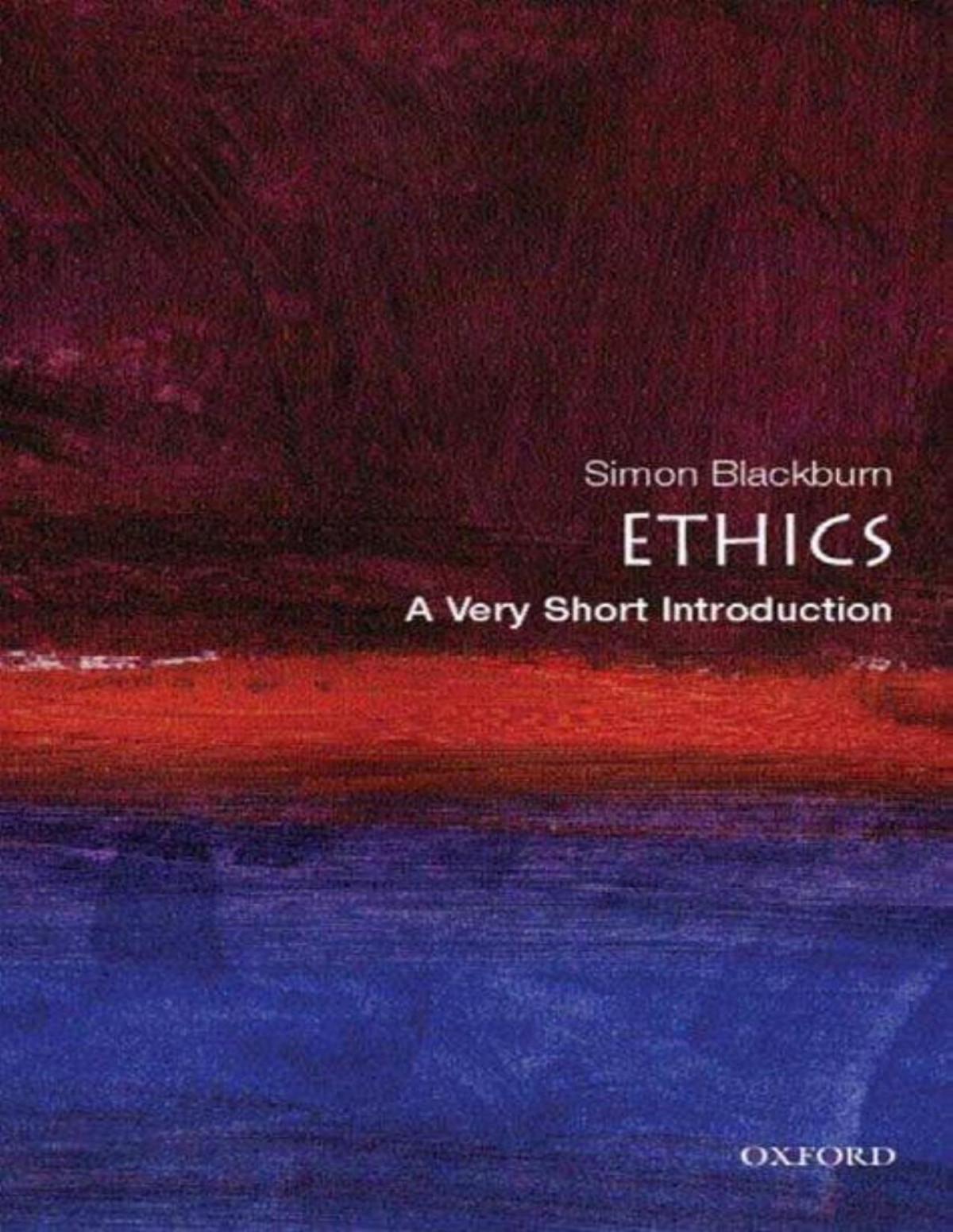

Most ebook files are in PDF format, so you can easily read them using various software such as Foxit Reader or directly on the Google Chrome browser.
Some ebook files are released by publishers in other formats such as .awz, .mobi, .epub, .fb2, etc. You may need to install specific software to read these formats on mobile/PC, such as Calibre.
Please read the tutorial at this link: https://ebookbell.com/faq
We offer FREE conversion to the popular formats you request; however, this may take some time. Therefore, right after payment, please email us, and we will try to provide the service as quickly as possible.
For some exceptional file formats or broken links (if any), please refrain from opening any disputes. Instead, email us first, and we will try to assist within a maximum of 6 hours.
EbookBell Team

5.0
20 reviews`Review from previous edition Simon Blackburn's short book takes the big moral questions head on and does so brilliantly. . . a witty, vivid writer with an enviable popular touch . . . this is a wonderfully enlightening book.' Ben Rogers, Sunday Telegraph,
`full of good sense' Sunday Times
`But for anyone wondering how big questions have bothered us over the years, this witty, rigorous book fills in the gaps.' PLAY, The Times
`always lively and never simplistic' Waterstone's Quarterly January 2002
`Good clearheaded stuff' Ted Honderich, The Times
`enjoyable and extremely readable . . . Blackburn . . . is breezy, helpful, reassuring' The Philosopher's Magazine
`sparklingly clear' Guardian
`a first rate and accessible guide which tackles the huge, perpetual questions' Nottingham Evaning Post
Product DescriptionOur self-image as moral, well-behaved creatures is dogged by scepticism, relativism, hypocrisy, and nihilism, by the fear that in a Godless world science has unmasked us as creatures fated by our genes to be selfish and tribalistic, or competitive and aggressive. In this clear introduction to ethics Simon Blackburn tackles the major moral questions surrounding birth, death, happiness, desire and freedom, showing us how we should think about the meaning of life, and how we should mistrust the soundbite-sized absolutes that often dominate moral debates.